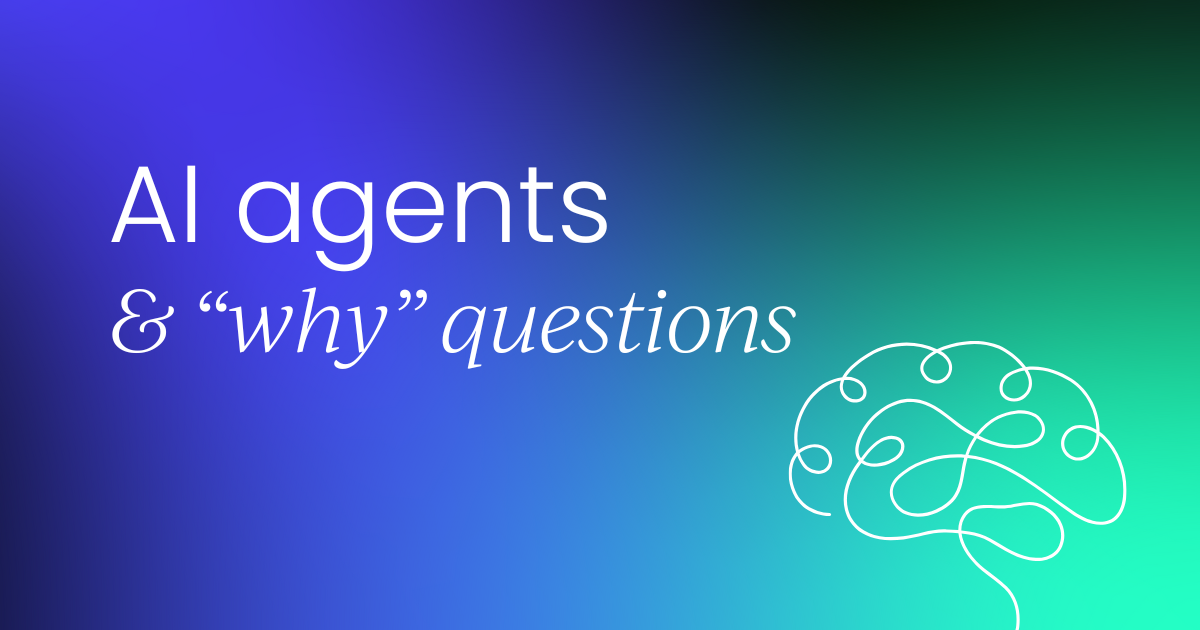MindEval: Benchmarking Language Models on Multi-turn Mental Health Support
NeutralArtificial Intelligence
- A new framework called MindEval has been introduced to benchmark language models in multi-turn mental health support conversations, addressing the limitations of current AI chatbots that often reinforce maladaptive beliefs. Developed in collaboration with licensed clinical psychologists, MindEval aims to evaluate the realism of simulated patient interactions and improve the quality of AI-driven mental health support.
- This development is significant as it seeks to enhance the effectiveness of AI chatbots in providing mental health support, a field that has seen increasing demand. By focusing on multi-turn interactions, MindEval aims to create a more realistic evaluation method that could lead to better therapeutic outcomes for users seeking help through AI.
- The introduction of MindEval reflects a broader trend in the integration of AI in healthcare, emphasizing the need for reliable benchmarks that capture the complexities of human interactions. As AI systems become more prevalent in mental health care, concerns about their safety and efficacy continue to grow, highlighting the importance of frameworks that can ensure these technologies are both effective and ethical.
— via World Pulse Now AI Editorial System

